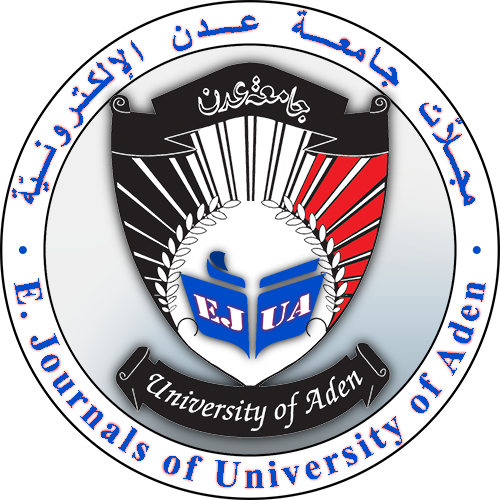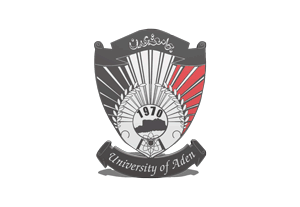Rule: What Does Not Accept the Conversation is to Choose some as a whole Choice: A Practical Studies Study of the Issues of the Worships & Family Jurisprudences
Keywords:
A Practical Studies Study, Issues of the Worships, Family Jurisprudences.Abstract
This study targets the following: Highlighting the inherent aspect of a rule: “What does not accept whiteness is the choice of one another as the choice of all”. Explaining the scholars ’releases to this rule. Explain the issues that do not accept ovulation in the chapter on acts of worship and family jurisprudence according to the researcher's findings. The important results include: The absence of an independent study of Al-Qaeda, according to the researcher's findings. That this rule under consideration has an effect on the difference of jurists in the matters mentioned in the plan. The difference of scholars ’releases to this rule is a verbal disagreement that does not have a significant effect. If a person converted to Islam or reached or cleared the woman from menstruation or postpartum at the end of the time, they must perform that prayer if they are able to perceive the magnitude of ihram after purification. If a person calls himself a prayer without specifying specific rak'ahs, he must pray two rak'ahs. If a person is forbidden by half of asceticism, his ritual validity is required, and he must complete it completely. If the guardian marries half of his female guardianship, the marriage is not valid, because he does not divorce it. If the husband added the divorce of his wife to a common member of her, divorced a certain part of her, or divorced her in half of the divorce, the divorce took place.








